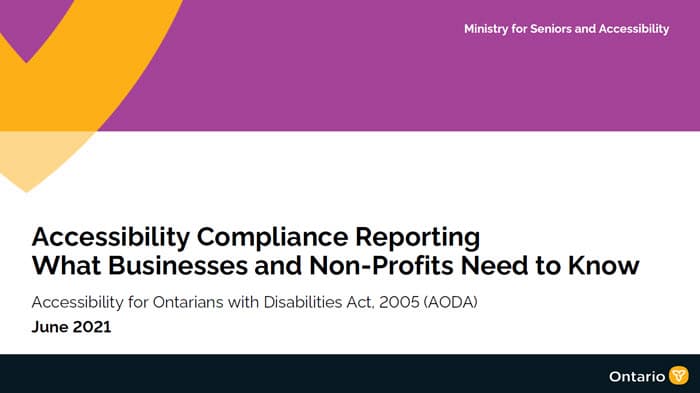About Lookit Design
Everything you need to make your website fully accessible to comply with national and provincial standards. Our specialists take care of the technology, installation, and branding issues so you can focus on your business and organizational goals.



